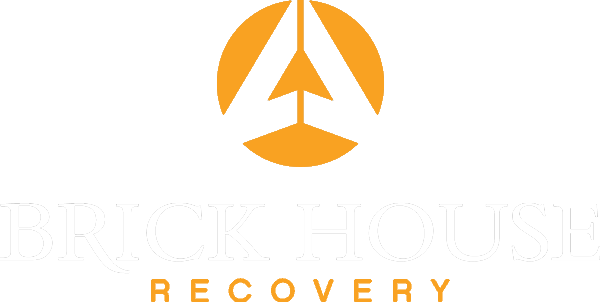About Addiction
Addiction is a disease. Some people are resistant to this statement, since there is an element of choice in the onset of addiction. However, just like heart disease or diabetes, addiction is a condition created by the interaction of personal choices and biological factors. Over time, addictive substances create changes in the brain, which is why breaking the grip of addiction can be so complicated and difficult.
Disease Model of Addiction
Addiction is a disease. Some people are resistant to this statement, since there is an element of choice in the onset of addiction. However, just like heart disease or diabetes, addiction is a condition created by the interaction of personal choices and biological factors. Over time, addictive substances create changes in the brain, which is why breaking the grip of addiction can be so complicated and difficult.
Once we understand the changes that have happened in the brain, it’s easier to decode addictive behavior and provide more beneficial help. Most addictive substances act on the pleasure center of the brain, hijacking hormones to overload neural pathways with feel-good sensations. This provides a shortcut to feelings of “bliss,” which quickly overpower other sensations. Addiction primes the brain to react in a certain way to chosen stimuli. Eventually, the brain no longer reacts in the same way to things like food, socialization, or personal accomplishments, which produce dopamine in an addiction-free person. Motivation patterns shift. This is why some people also call addiction a learned behavior.
Once the brain and body are dependent on a substance, recovery can be a slow process. It requires persistence and consistency. However, with proper treatment, full recovery and lasting change are possible.
Risk Factors for Addiction
Certain factors put an individual at a higher risk of addiction. These factors include:
GENETICS
According to some studies, up to half of your risk for addiction comes from genetic factors. Genetics can determine how your body reacts to certain substances. Genetics can also account for things like risk-seeking behavior, which can increase your risk of addiction.
ENVIRONMENTAL FACTORS AND LEARNED BEHAVIOR
What makes it difficult to determine exactly how much genetics accounts for addiction is the fact that environmental factors also come into play. Learned behavior like handling emotions in a healthy way, or being able to build meaningful connections with others, can be taught (or not taught) in the home. These are major risk factors of addiction as well.
MENTAL HEALTH
Those with mental health disorders such as bipolar disorder or anxiety are over twice as likely to struggle with addiction. Often, this is due to self-medication for untreated disorders. In turn, substance abuse can contribute to symptoms of mental illness. This creates a cycle of substance abuse and mental illness that often requires professional help to disrupt. Co-occurring mental health disorders such as anxiety and alcoholism are often referred to as a “dual diagnosis.”
ADDICTIVE SUBSTANCES
Different substances act on the body in unique ways. Learn more about specific addictions below:
- Alcohol
- Heroin
- Cocaine
- Prescription Opioids
- Marijuana
- Meth
- Barbiturates
- Amphetamines
- Benzodiazepines
Our program utilizes the 12-Step Program from a Higher Powered based perspective in order to facilitate addiction recovery. The most important factor in an individual’s recovery is hope and connection. Here at Brick House, we help clients reach goals and nurture relationships that will support a healthy lifestyle.



